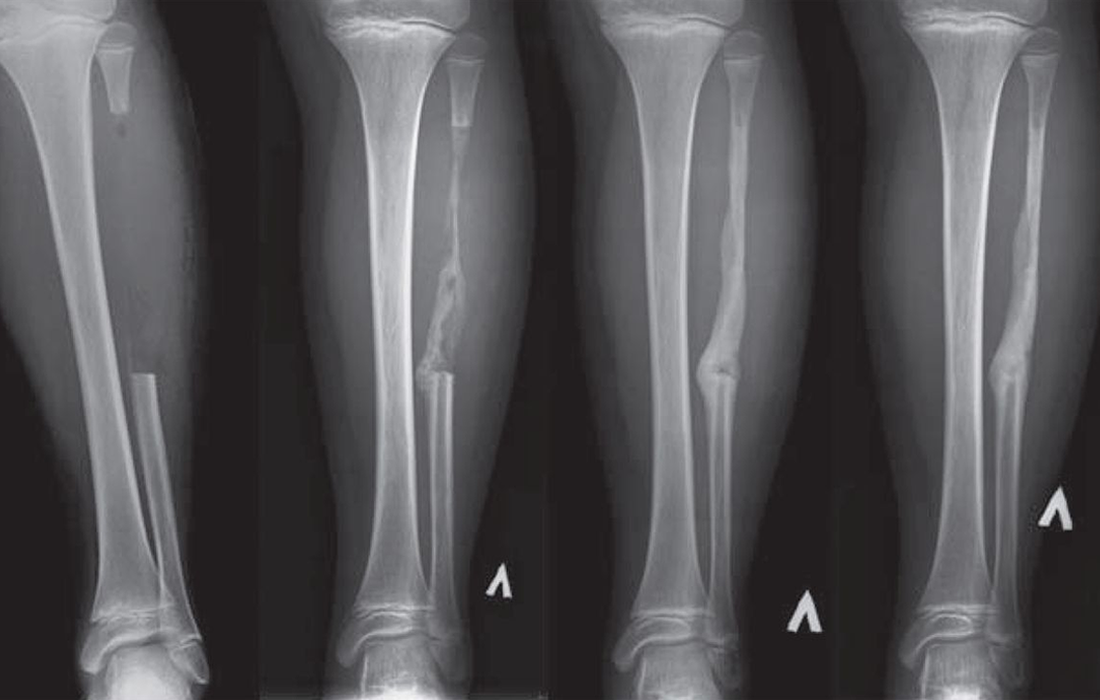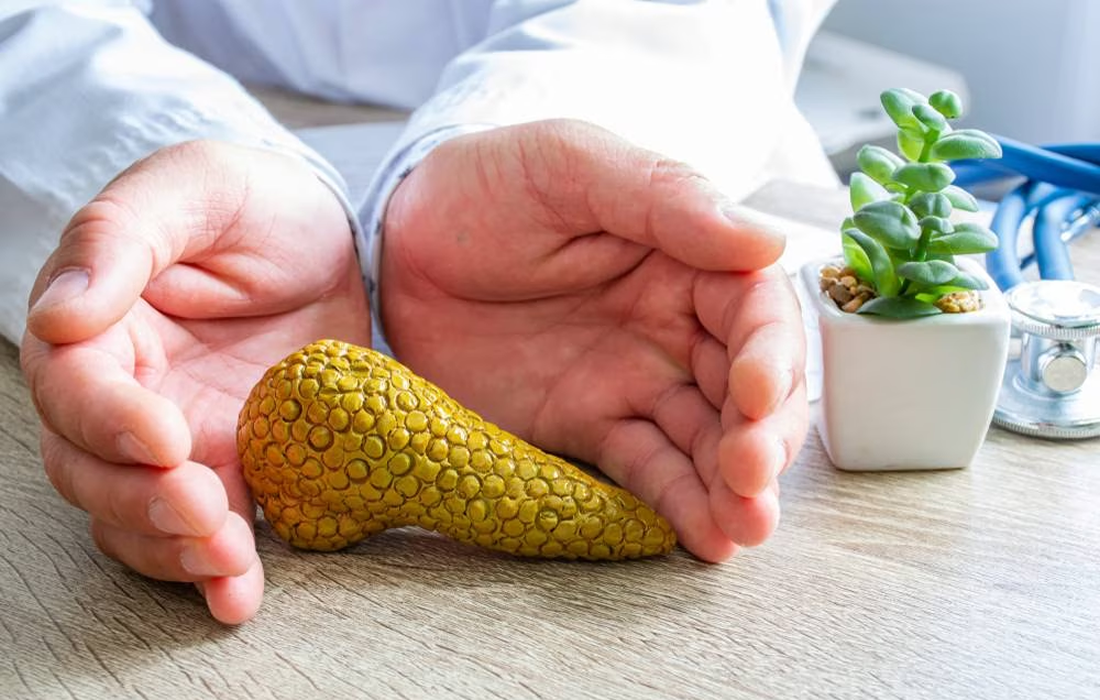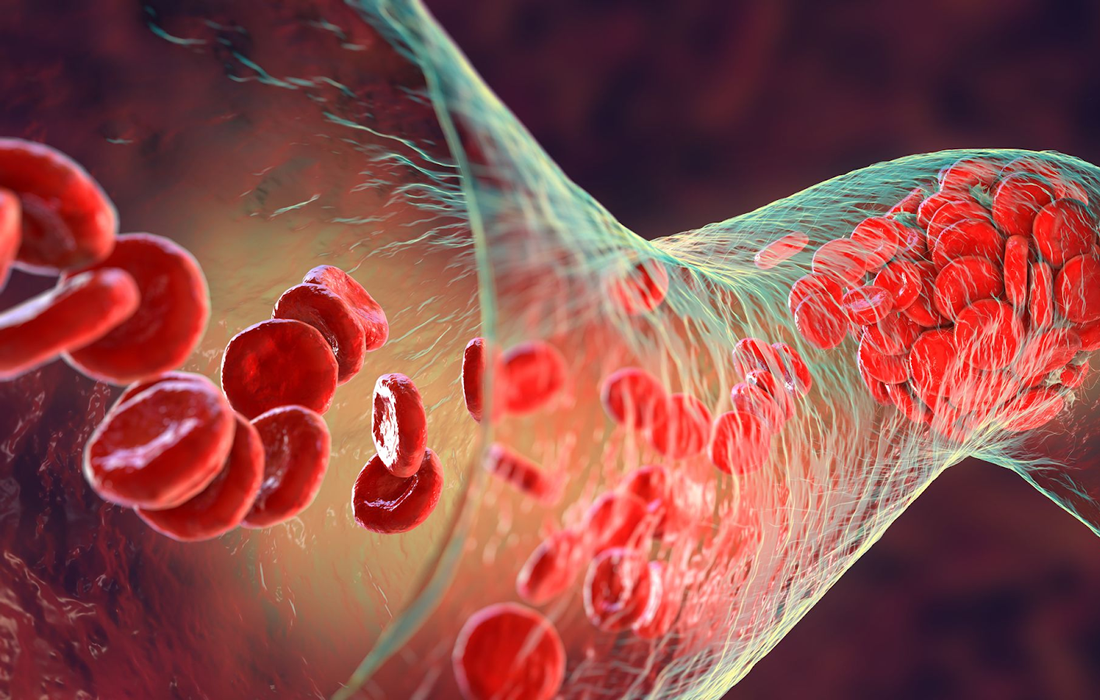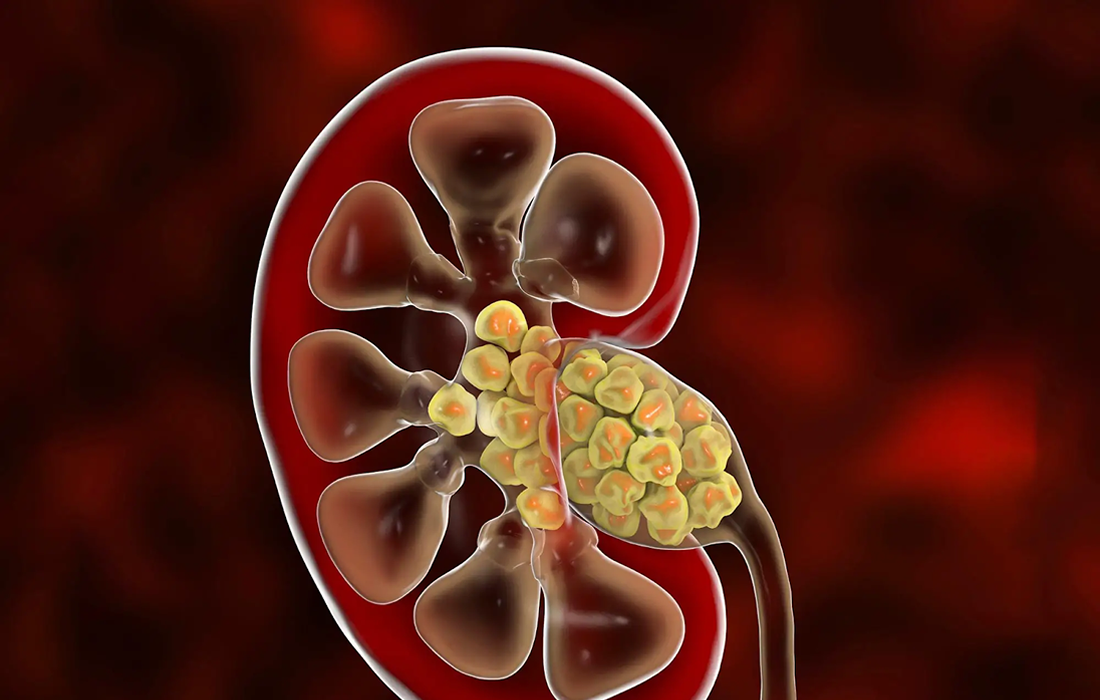Phthalates are chemicals widely used in plastics such as personal care products, children’s toys, and food and beverage packaging. Phthalate exposure is associated with reduced fertility, diabetes and other endocrine disorders. “Our research found phthalates may contribute to a higher incidence of diabetes in women, especially White women, over a six-year period,” said Sung Kyun […]
Monthly Archives: February 2023
Over the past few decades, the development of smart multifunctional biomaterials with the ability to control the behavior of stem cells on demand has become a powerful strategy in regenerative medicine and cell therapies. For instance, such stem cell-based therapies bear new chances to regenerate critical size bone defects from severe fractures or bone tissue […]
Twenty per cent of the Spanish population suffers from chronic pain, and between 7 and 10% from neuropathic pain. This condition, mostly caused by nerve damage, causes people to feel intense and constant pain. Treatments are scarce and often involve a large number of adverse effects that affect the patients’ quality of life. For this […]
Researchers from The University of Queensland have discovered the active compound from an edible mushroom that boosts nerve growth and enhances memory. Professor Frederic Meunier from the Queensland Brain Institute said the team had identified new active compounds from the mushroom, Hericium erinaceus. Researchers have discovered lion’s mane mushrooms improve brain cell growth and memory […]
The human skin is a complex organ to bioengineer and repair because of its diverse cellular makeup, unique anatomy, and body site–specific cellular and mechanical properties. Recreating this complexity in vitro using human cells has notable implications on personalized skin replacement therapy and human-relevant skin disease modeling and drug screening. The human skin is a […]
Type 1 diabetes is caused by an autoimmune reaction that destroys the cells in the pancreas that make insulin. It can also cause kidney failure. Daily insulin injections are the most conventional treatment but attaining tight control of glucose levels remains challenging and cumbersome for patients. Clinical pancreatic islet transplantation (CIT) holds promise to transform […]
Young blood has a rejuvenating effect when infused into older bodies, according to recent research: Aging hearts beat stronger, muscles become stronger, and thinking becomes sharper. All blood cells in the body are created by a small number of stem cells that reside in bone marrow. Over time, these hematopoietic stem cells start to change: […]
Depressive symptoms cause a significant disease burden worldwide. The therapeutic efficacy of current antidepressants is often insufficient, which is why further ways to alleviate the symptoms of depression have been sought, for example, from nutritional research. Vitamin D is believed to regulate central nervous system functions the disturbances of which have been associated with depression. […]
Lupus, including SLE, occurs when the immune system attacks a person’s own healthy tissues, causing pain, inflammation and tissue damage. Lupus most commonly affects skin, joints, brain, lungs, kidneys and blood vessels. About 1.5 million Americans and 5 million people worldwide have a form of lupus, according to the Lupus Foundation of America. Treatments for […]
Kidney stones can cause not only excruciating pain but also are associated with chronic kidney disease, osteoporosis and cardiovascular disease. If you’ve experienced a kidney stone once, you have a 30% chance of having another kidney stone within five years. Changes in diet are often prescribed to prevent recurrent symptomatic kidney stones. However, little research […]










